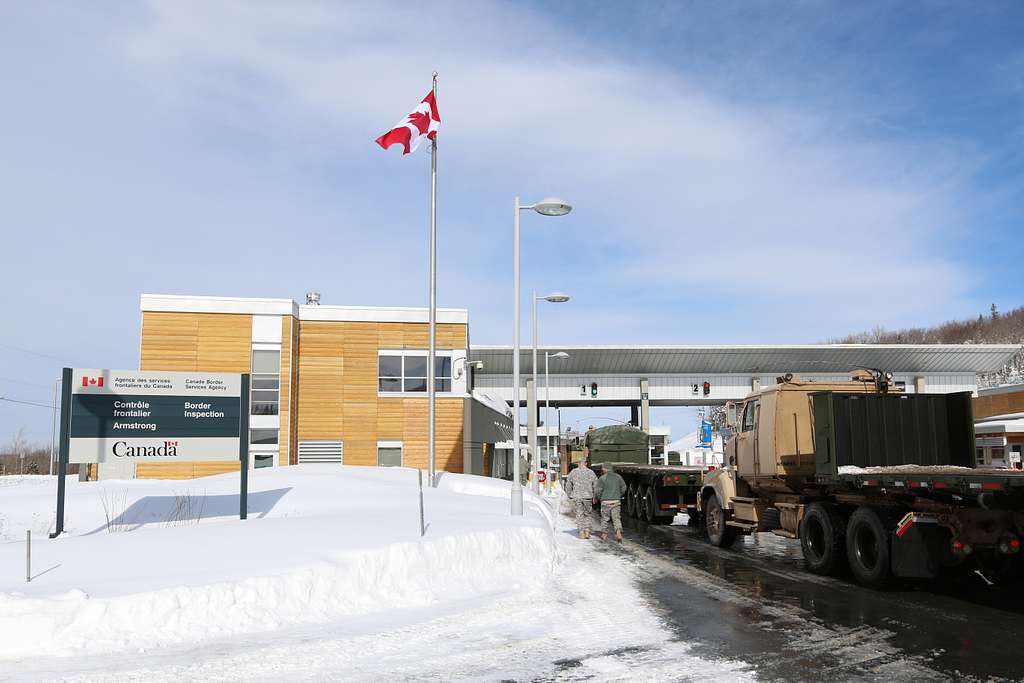Amnesty International Canada condemns the U.S. and Canadian governments’ agreement to expand, rather than rescind, the Safe Third Country Agreement in response to border crossings at Roxham Road.
Ketty Nivyabandi, Secretary General of Amnesty International Canadian Section (English-Speaking) said: “Closing Roxham Road by extending the Safe Third Country Agreement is an affront to the rights of refugee claimants seeking safety in Canada. People fleeing their home countries, and then risking their lives by crossing irregularly into Canada, would not take such drastic steps if the United States’ immigration and refugee-protection system could be counted on to respect migrants’ rights. It is also unconscionable that the government would take this step while the constitutionality of the Safe Third Country Agreement is under review by the Supreme Court of Canada.”
“Moreover, expanding the Safe Third Country Agreement will not end irregular crossings. Rather, it will push migrants to attempt more dangerous crossings into remote areas of Canada and, in some circumstances, force them to rely on smugglers to make the precarious journey. Instead of punishing people escaping violence and persecution in their home countries, Canada should withdraw from the Safe Third Country Agreement. This would encourage safe, orderly crossings at the Canada-U.S. border and help protect that people’s right to make a refugee claim.”
‘Safe Third Country Agreement must be rescinded’
France-Isabelle Langlois, Executive Director of Amnistie internationale Canada francophone, said: “By reaching this new agreement with the United States, Canada is once again adopting a dehumanizing vision of the treatment of refugee claimants. The complete closing of the border, including Roxham Road, to name just one, is a death sentence, a failure to recognize the humanity of tens of thousands of people. The Safe Third Country Agreement must be rescinded, as the United States is not a safe country for asylum seekers. It is time for Canada to put human rights at the centre of its immigration and refugee-protection system, to welcome people fleeing violence and persecution with dignity.”
“In accordance with its international obligations, Canada must consider all refugee claims received and ensure that front-line services and organizations have the necessary resources to handle these applications. Because of its geographic isolation, Canada receives only a small drop of the ocean of forced migration at the international level and has a duty to respect the right to asylum and not to close its borders to refugees. Canada and provinces like Quebec have the capacity to receive refugee claimants. It is a question of humanity and political will.”






















